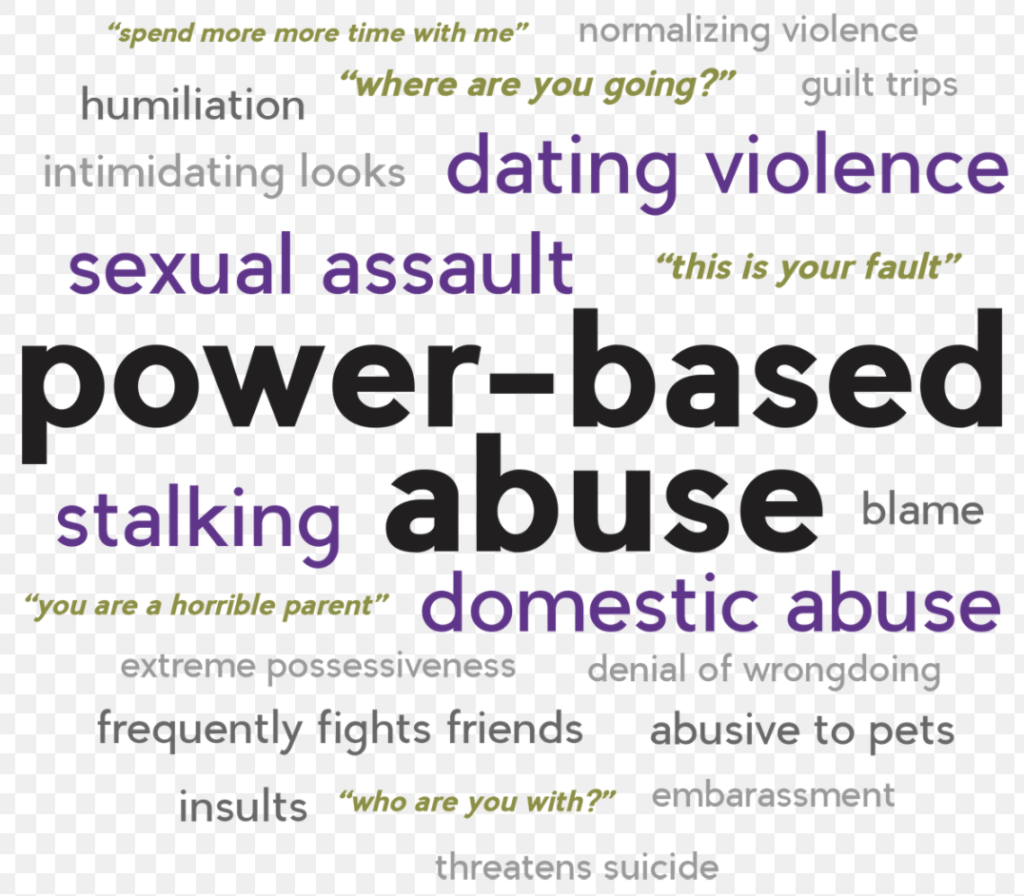The ONRECORD app, by storing good quality and detailed evidence online, which can be securely shared with professionals, provides the best opportunity for anyone to penetrate the resistance to them being heard. There are plenty of powerful figures, such as those suppressing the information about child abuse on the British mainland and the Channel Islands, who will try to silence victims. In the end, though, being able to present your evidence clearly and share it securely is the most effective way of ensuring that cover-ups are uncovered and the guilty face justice.
false allegations
The Family Court: Domestic Abuse, Coercive Control, Parental Alienation and False Allegations
Join us to learn more about the family court and its treatment of victims and perpetrators of abuse, coercive control, parental alienation and false allegations. Subscribe to our podcast channel and get reminders to know when we next publish.
CAFCASS Assessments: Parental Alienation
As part of their Child Impact Assessment Framework (CIAF), CAFCASS have guidance on how to assess families and how they work with children where there is parental alienation.
The links in this blog will show you exactly what the Family Court Adviser (FCA) will use to assess or analyse your family and you can see exactly what CAFCASS thinks is useful. FCAs are expected to follow these processes although they do have discretion in how they conduct their assessments.
CAFCASS Assessments: The Child Impact Assessment Framework (CIAF)
The Child Impact Assessment Framework (CIAF) sets out how CAFCASS think children experience parental separation, how the child’s reaction can be understood and what should be done. The framework consists of four guides which Cafcass practitioners can use to assess different types of problem, known as ‘case factors’.
Are you an abuser? 5 ways to find out
5 tops tips to make sure you get contact with your child
You may be worried that contact with your child is going to be limited. It’s a very common problem for fathers in particular, and it’s specially worrying if you already have limited contact after the breakup, as a result of leaving home, trying to find somewhere acceptable to live and having to make do with whatever awkward arrangement can be made. Many fathers understandably assume that the court will automatically side with the mother and not respect the needs of children to have good, strong and stable relationships with their fathers.
Why does the family court make stupid decisions about parental alienation?
Parental alienation syndrome is a dangerous pattern of behaviour in which a child becomes hostile to one parent because of the behaviour of the other parent. It can progress to the point where the child will not see that parent and rejects them entirely. The loss of a parent in this way is inevitably severely damaging and harmful to a child. In parental alienation, one of the parents is emotionally abusing the child with the aim of hurting the other parent. Yet they are rarely treated as child abuse cases. Consequently they’re not given the same input and attention and, without good evidence to prove what is happening, decisions get made on the basis of prejudices. This is inexplicable.
How to prove parental alienation in court
Parental alienation is one of the most difficult things to prove and yet it is one of the most damaging to children and families. It can easily lead to a child completely losing their relationship with one parent and wrongly coming to believe that the parent was abusive or wicked in some other way.
‘Gather evidence’ is the golden rule and get legal help. These are difficult and complicated cases and you need all the help you can get.
Parental Alienation and the role of CAFCASS (part 1)
Lawyers often call cases which involve parental alienation ‘high conflict’ cases. Many parents and grandparents report the terrible impact of parental alienation and the harm it’s done within their families. Families are torn apart by it and it’s been a prevalent issue in child contact cases for years. In this kind of private law case, before the term ‘parental alienation’ caught on, we called it ‘implacable hostility’. There’s some dispute about whether they’re actually the same kind of cases or different, but it matters not if you’re a parent or relative involved in such a dispute. It’s just as harmful…









